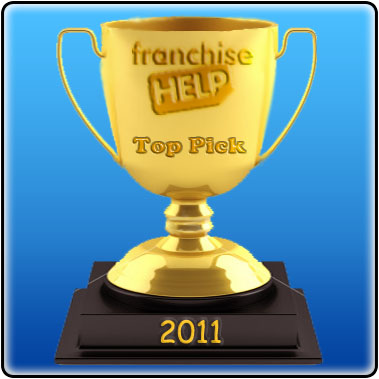The Franchise Document
By FranZoomD
Filed under Franchise Articles
Some may argue that franchise companies are made or broken on the strength of their documents. Any franchise document that does not encourage an optimal franchisor-franchisee relationship will undermine franchising success. Hence, it is critical for franchisors to take care when putting together the franchise documents. Franchisees should obviously take as much care formulating their franchise applications and negotiating the terms in the documents drawn up by the franchisors.
In the Unites States, the terms of at least one franchise document are dictated by a party other than the franchisor or the franchisee. This is the Franchise Disclosure Document or FDD. The FDD entails a disclosure by any prospective franchisor about the earnings of his or her business, past and present, and the earnings forecast for the future. In addition, the FDD should indicate any aliases by which the prospective franchisor has ever gone as well as the details of any trademarks associated with him or her. It should also indicate any implication of the prospective franchisor and his or her directors in fraud charges or in bankruptcy filings. All the information contained in the FDD is designed to protect any franchisees from being taken advantage of by unscrupulous franchisors. The party that defines the terms of the FDD is the Federal Trade Commission. Hence its terms are sure to be objective.
The Template-Based Franchise Document
There are plenty of other documents relevant to the franchising relationship. Many of them can be drawn up and modified by franchisors who have access to business franchise templates. Drawing up a franchise document from a business franchise template ultimately costs less money than hiring professionals to assist you to do the same. The distinction between a document from one of these templates and one drawn up by a professional for a specific franchise company is that the latter caters more specifically to the needs of the franchise company.
That said, it is important to note that a prospective franchisor who has made the effort to research the franchising process in depth can modify a franchise document from one of these templates and come up with an end product that addresses his or her needs adequately. This makes it clear that some individuals are able to make franchising work for them, even though they have limited budgets and cannot afford to hire professionals to guide them through the entire process. At the end of the day, having these templates as a resource is cost effective, and it helps provide many prospective franchisors with much needed guidance.





